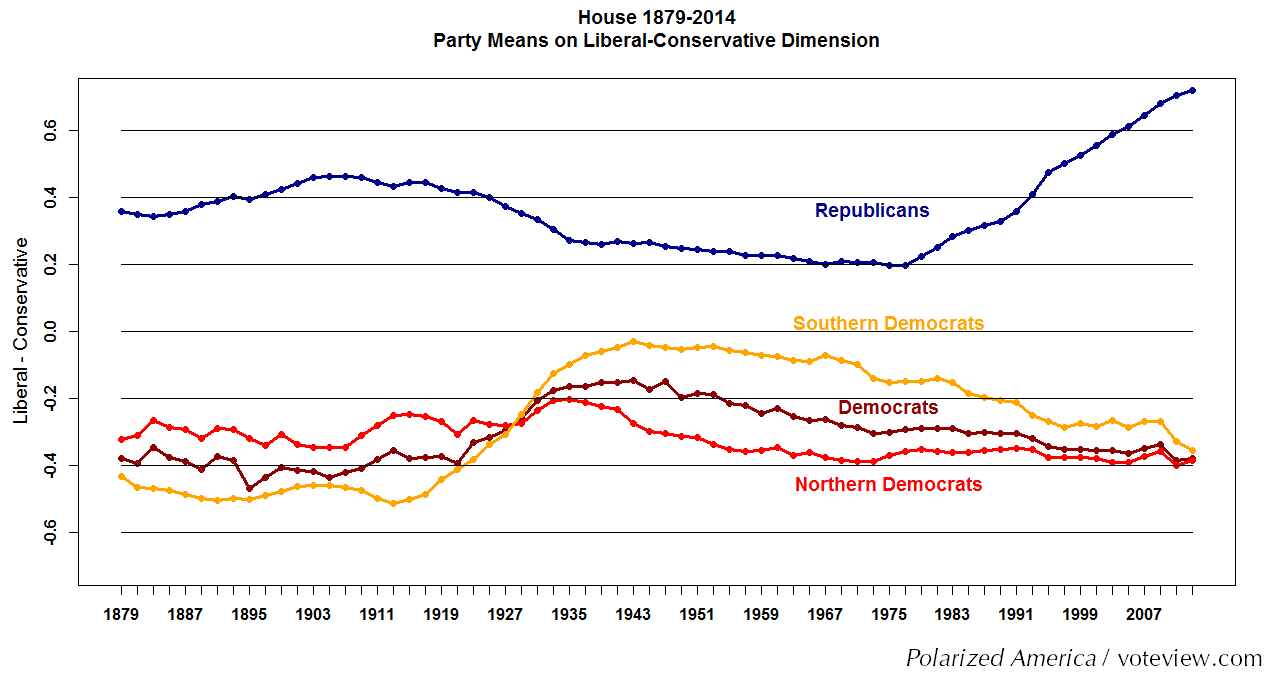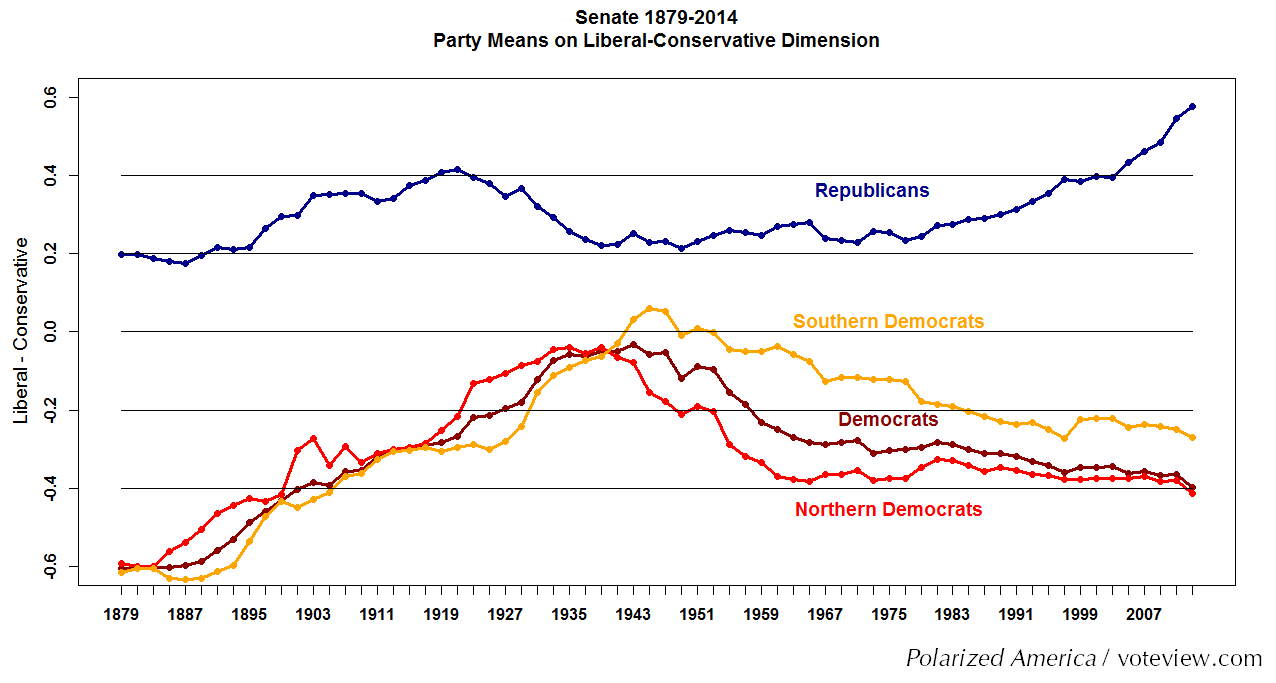As president, Nixon did, in fact, do much for the Right—but not in the way that conservatives would have expected. Moving leftward domestically, economically, and internationally, he first frustrated, then alienated, and finally galvanized American conservatives to action. Much of the political organizing and grassroots activism that forged today's Right got started during the Nixon years and the Ford and Carter years that followed.Tevi Troy:
Steering too far in the direction of independence risks provoking presidential disapproval. In fact, it was the displeasure of one White House aide with the think tanks of the time that led to creation of the Heritage Foundation in the first place. In 1970, a small delegation of conservatives met with the Nixon White House staffer Lyn Nofziger to discuss how to get research support for conservative ideas in Congress. When one of the participants mentioned the American Enterprise Institute, Nofziger had a visceral reaction. Paul Weyrich, who was at the meeting, recalled that Nofziger said: “‘AEI? AEI—I'll tell you about AEI.’ And he got up, walked over to a bookcase, took a study off the shelf and literally blew the dust—I mean, you saw this cloud of dust. And he said, ‘That's what they're good for. They're good for libraries.’” The beer mogul Joseph Coors, who was also at the meeting, decided as a result to back the initiative that became the Heritage Foundation.The origins of Heritage
Polarization: Democrats Move Left, Then Republicans Move Right
1972 Democratic Platform
.It is time now to rethink and reorder the institutions of this country so that everyone—women, blacks, Spanish-speaking, Puerto Ricans, Indians, the young and the old—can participate in the decision-making process inherent in the democratic heritage to which we aspire. We must restructure the social, political and economic relationships throughout the entire society in order to ensure the equitable distribution of wealth and power.
The Democratic Party in 1972 is committed to resuming the march toward equality; to enforcing the laws supporting court decisions and enacting new legal rights as necessary, to assuring every American true opportunity, to bringing about a more equal distribution of power, income and wealth and equal and uniform enforcement in all states and territories of civil rights statutes and acts.
Gary Hart, Right from the Start
Dukakis (Schoen 202-203)
Voting Patterns in Congress



No comments:
Post a Comment